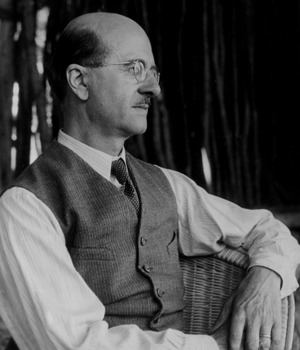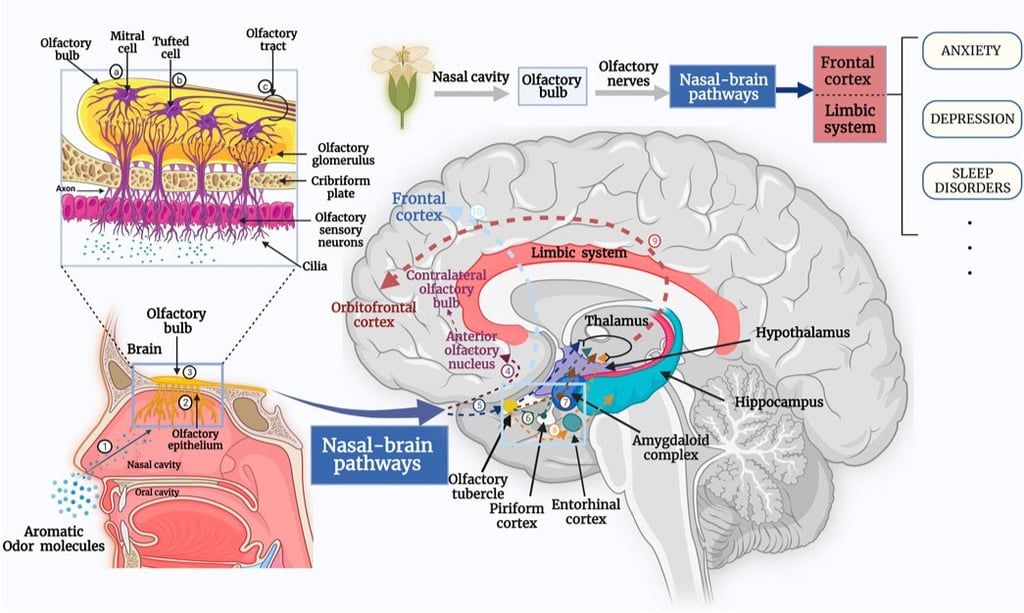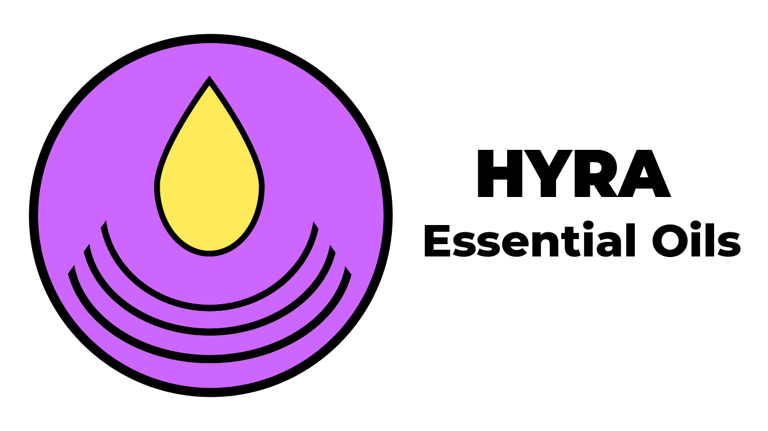
Lavender Essential Oil in Aromatherapy: Complete Guide to Benefits, Uses, and Science
Discover how lavender essential oil became the cornerstone of modern aromatherapy - from a chance discovery to a scientifically backed wellness solution.
5 min read
Table of Contents:
1. The Origins of Modern Aromatherapy
2. How Does Aromatherapy Work?
3. Lavender Aromatherapy Benefits for Mental Health
4. Benefits of Lavender Aromatherapy: Safe, Affordable, and Effective
5. How to Use Lavender Essential Oil for Aromatherapy
6. The Future of Aromatherapy: Expanding Roles in Holistic Health
Aromatherapy has emerged as one of the most accessible and widely embraced forms of complementary medicine, offering a natural approach to wellness that harnesses the power of plant essences. The foundation of contemporary aromatherapy can be traced to a life-changing accident on July 25, 1910, when French chemist René-Maurice Gattefossé was working in his laboratory. A round-bottomed flask exploded and burst into flames, splashing him with boiling essence that severely burned his head and both hands.
Initially treated with conventional oil-rich tulle gras dressings, his wounds began developing a gangrenous odor. Remembering advice from lavender growers that burns could be healed with lavender essential oil, Gattefossé removed his bandages and coated his skin with pure lavender oil. The results were astounding, within two days, his fever subsided and the infection disappeared, while his wounds healed quickly without scarring.


The Origins of Modern Aromatherapy
René-Maurice Gattefossé, the pioneering chemist who coined the term "aromatherapy" and laid the foundation for its modern practice
This remarkable experience led Gattefossé to dedicate his career to researching the therapeutic properties of essential oils, ultimately culminating in his groundbreaking publication "Aromathérapie: Les Huiles Essentielles, Hormones Végétales," where he coined the term "aromatherapy". He dedicated his career to studying essential oils' beneficial chemical properties and conducted experiments in military and civilian hospitals.
Building upon Gattefossé's work, French biochemist Marguerite Maury developed the unique method of applying essential oils through massage, creating the practice of aromatherapy massage that is now used worldwide. These pioneering efforts established the scientific foundation for what would become a global wellness movement.
How Does Aromatherapy Work?
Aromatherapy harnesses the power of natural essential oils to produce measurable physiological and psychological effects through two primary pathways: inhalation and topical absorption.
Photo credit: Image source: Cui et al., 2022, "Inhalation aromatherapy via brain-targeted nasal delivery", Frontiers in Pharmacology.


🟣The Inhalation Pathway
When aromatic plant extracts are inhaled through the nose, their scent molecules travel to the olfactory system, sending signals directly to the brain. These signals reach areas like the cerebral cortex, thalamus, and limbic system, triggering the release of neurotransmitters such as serotonin and endorphins. This process helps reduce symptoms of anxiety and depression, while also improving sleep. The scent pathway moves from the nasal cavity to the olfactory bulb and then to deeper brain regions including the amygdala, hippocampus, and prefrontal cortex, where emotional and cognitive responses are processed.
This neurological activation triggers several therapeutic mechanisms:
Increased GABA (gamma-aminobutyric acid) levels, similar to benzodiazepines
Modulation of neurotransmitters including serotonin and histamine
Enhanced carbohydrate metabolism in brain tissue
🟣Topical Absorption
In aromatherapy massage, lavender's key bioactive compounds, linalool and linalyl acetate, penetrate the skin barrier within 10 to 40 minutes. Once absorbed, these compounds circulate systemically to support relaxation, reduce inflammation, and improve sleep quality.
Lavender Aromatherapy Benefits for Mental Health
One of the most compelling aspects of lavender aromatherapy is its practical advantages as a therapeutic intervention. The treatment is notably inexpensive, making it accessible to a broad population seeking complementary health solutions. Its ease of use allows for both professional clinical applications and personal home practice, requiring minimal training or equipment.
Research consistently demonstrates lavender's effectiveness in managing mental health conditions, particularly mild to moderate depression and anxiety. The oil's ability to increase GABA levels naturally reduces stress responses and promotes deep relaxation of both body and mind, making it a valuable non-invasive complementary treatment.
Benefits of Lavender Aromatherapy: Safe, Affordable, and Effective
One of the most compelling aspects of lavender aromatherapy is its practical advantages as a therapeutic intervention. The treatment is notably inexpensive, making it accessible to a broad population seeking complementary health solutions.
🟣Cost-Effective Natural Treatment
🟣Easy to Use and Accessible
Lavender aromatherapy allows for both professional clinical applications and personal home practice, requiring minimal training or equipment.
🟣Safe and Non-Invasive
Perhaps most importantly, lavender aromatherapy presents as a non-invasive therapy. Unlike many pharmaceutical interventions, lavender essential oil does not tend to cause dependency, making it a safer long-term option for individuals seeking ongoing mental health support.


How to Use Lavender Essential Oil for Aromatherapy
There are several effective ways to incorporate lavender essential oil into your aromatherapy practice, each offering unique benefits and experiences. For diffusion methods, you can use essential oil diffusers to disperse the fragrance throughout your space, light aromatherapy candles for a gentle ambient release, practice steam inhalation by adding drops to hot water, or simply inhale directly from the bottle for immediate effects.
When it comes to topical application methods, lavender oil works beautifully in aromatherapy massage when properly diluted with a carrier oil, can be added to bath water as a relaxing additive, applied to skin in diluted form for targeted benefits, or used in compress treatments for localized relief.
The Future of Aromatherapy: Expanding Roles in Holistic Health
As aromatherapy continues to gain recognition within complementary medicine, lavender essential oil remains at the forefront of research and clinical application. Its documented effects on mood improvement, sleep, and pain relief enhancement position it as a valuable tool in integrative healthcare approaches.
The growing body of scientific evidence supporting lavender's therapeutic mechanisms provides healthcare practitioners with confidence in recommending aromatherapy as part of comprehensive treatment plans. Whether used independently or in conjunction with conventional treatments, lavender aromatherapy offers patients a gentle, natural pathway to enhanced well-being.
As research continues to unveil the complex mechanisms underlying lavender's therapeutic effects, this humble purple flower continues to prove its worth as one of nature's most reliable healing allies.
References:
Cai, H., Xi, P., Zhong, L., Chen, J., & Liang, X. (2021). Efficacy of aromatherapy on dental anxiety: A systematic review of randomised and quasi‐randomised controlled trials. Oral Diseases, 27(4), 829-847.
Farahani, M. A., Afsargharehbagh, R., Marandi, F., Moradi, M., Hashemi, S. M., Moghadam, M. P., & Balouchi, A. (2019). Effect of aromatherapy on cancer complications: A systematic review. Complementary therapies in medicine, 47, 102169.
Jafari-Koulaee, A., Elyasi, F., Taraghi, Z., Ilali, E. S., & Moosazadeh, M. (2020). A systematic review of the effects of aromatherapy with lavender essential oil on depression. Central Asian journal of global health, 9(1), e442.
Fondation Gattefossé. (n.d.). René‑Maurice Gattefossé. Fondation Gattefossé. Retrieved June 29, 2025, from https://www.fondation-gattefosse.org/en/rene-maurice-gattefosse/
Aafaque, S., Sumalatha, S., & Narendran, N. (2019). Effect of aromatherapy on dental anxiety among orthodontic patients: A randomized controlled trial. Cureus, 11(8).
Cui, J., Li, M., Wei, Y., Li, H., He, X., Yang, Q., ... & Qin, D. (2022). Inhalation aromatherapy via brain-targeted nasal delivery: Natural volatiles or essential oils on mood disorders. Frontiers in pharmacology, 13, 860043.


